Waking up in the middle of the night can be frustrating, especially if it keeps happening at the same time. Many people find themselves stirring from sleep around 3AM, wondering what’s behind this oddly specific wake-up call. While it might feel mysterious or even spiritual to some, science offers several explanations rooted in the way your body and brain operate during the night. If you keep waking up at 3AM, there may be deeper factors at play, both physical and psychological.
Your Sleep Cycle Could Be to Blame
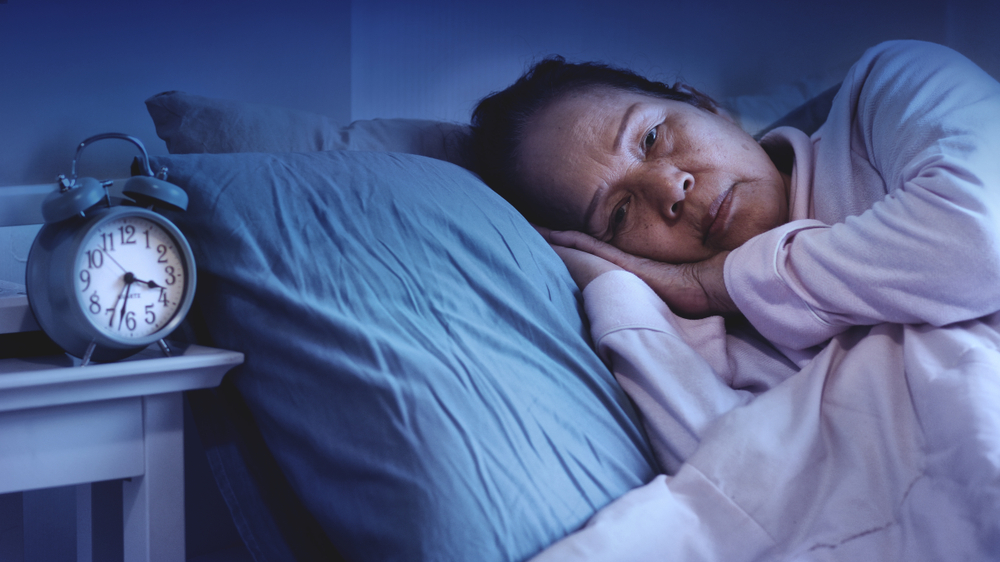
One of the most common reasons people wake up around 3AM relates to the structure of the sleep cycle. Human sleep follows a rhythm known as the circadian cycle, which regulates when we feel sleepy or alert. This rhythm is controlled by a part of the brain that responds to light and darkness. As night progresses, the body transitions through different stages of sleep, including light sleep, deep sleep, and REM sleep.
By around 3AM, most people are shifting from deep sleep to lighter sleep stages. During these transitions, the body is more easily disturbed. Even a slight noise, a change in temperature, or a full bladder can cause a person to wake up. Because this part of the night marks a natural turning point in the sleep cycle, it makes waking up at 3AM more likely for many individuals.
Stress and Anxiety Can Disrupt Deep Rest
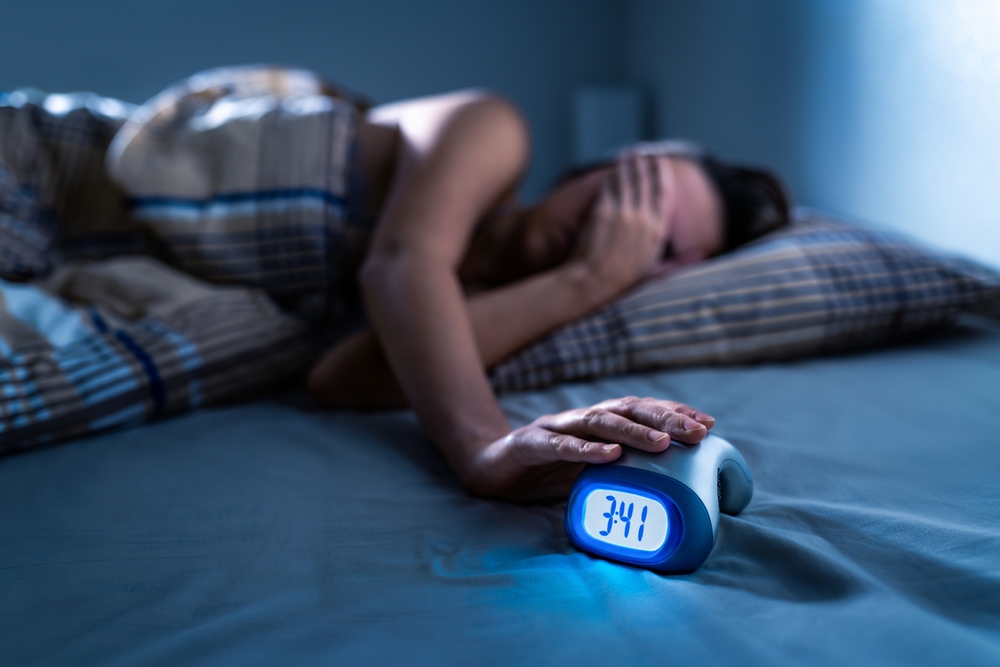
If you often wake up feeling alert or restless at 3AM, stress could be the culprit. The brain is surprisingly active during sleep, and for people with high stress levels, the mind does not fully power down at night. Worries about work, family, or health can continue playing in the background, even while you sleep.
Stress increases the production of cortisol, a hormone tied to the body’s alert system. Normally, cortisol levels should be low during the night and rise in the early morning to help you wake up. However, when stress is high, cortisol can spike too early, waking you up before your body is ready to start the day.
Read More: How Golden Milk Can Help You Fall Asleep – Plus a Simple Recipe
Your Liver Might Be Working Overtime
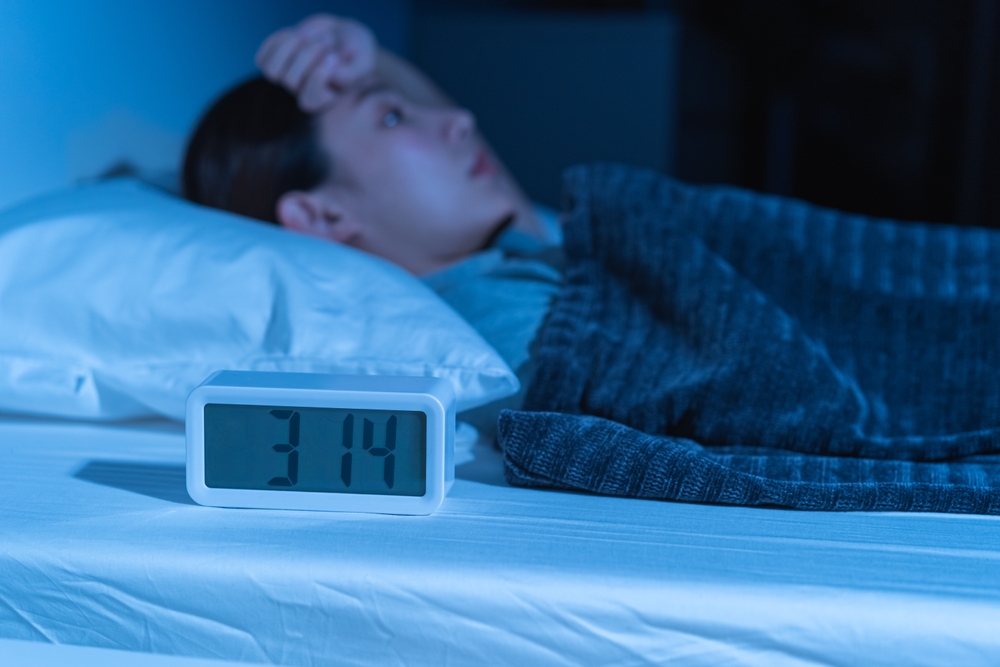
Traditional Chinese medicine associates certain hours of the night with specific organs in the body. While modern science does not map bodily functions in exactly the same way, there is growing interest in how the liver contributes to nighttime awakenings.
The liver plays a central role in metabolizing food, detoxifying chemicals, and regulating hormones. Between 1AM and 3AM, the liver is especially active in these functions. If you drink alcohol, eat a heavy meal, or consume caffeine late in the evening, the liver may become overburdened. This can create internal disturbances that wake you up, even if your surroundings are calm and quiet.
Blood Sugar Levels Might Be Dropping
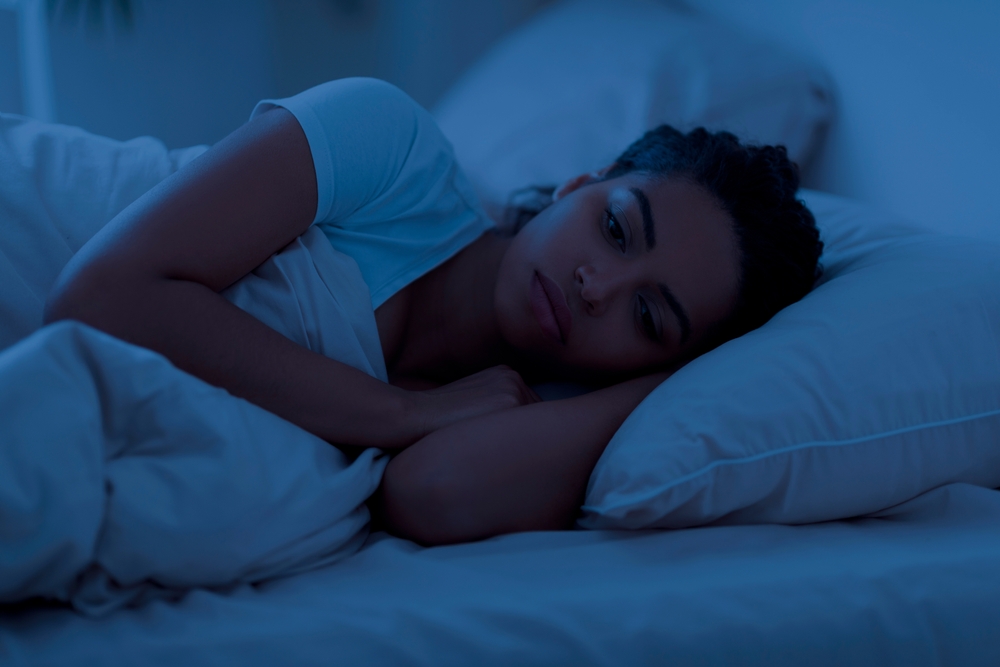
Blood sugar stability is essential for uninterrupted sleep. If you go to bed after skipping dinner or eating something that causes a quick spike in sugar, you may experience a crash during the night. When blood sugar drops too low, the body reacts by releasing hormones that increase alertness and energy.
This hormone release can jolt you out of sleep, making you wake up suddenly around 3AM. You may also feel jittery, sweaty, or anxious without understanding why. For some people, this type of wake-up may feel similar to a mild panic attack, although it is entirely triggered by internal chemistry.
Your Brain Might Be Processing Emotions
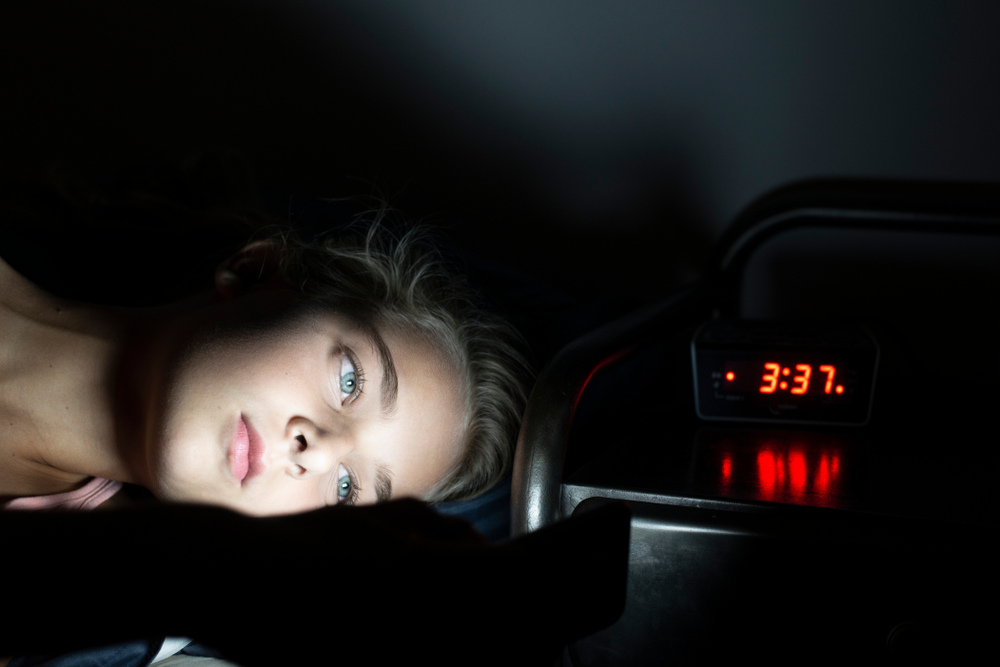
Emotional processing is one of the brain’s key tasks during sleep. Throughout the night, your brain sorts through memories, thoughts, and feelings that you collected during the day. REM sleep, which becomes more frequent in the second half of the night, is where most of this emotional work happens.
If you are going through emotional turmoil or have unresolved issues, your brain might be more active than usual during these phases. This internal processing can push you out of restful sleep and cause you to wake up feeling mentally overwhelmed. The 3AM window often overlaps with this emotional cleanup period, making it more likely for people to wake up while their brain is at work.
Hormonal Shifts Can Play a Role
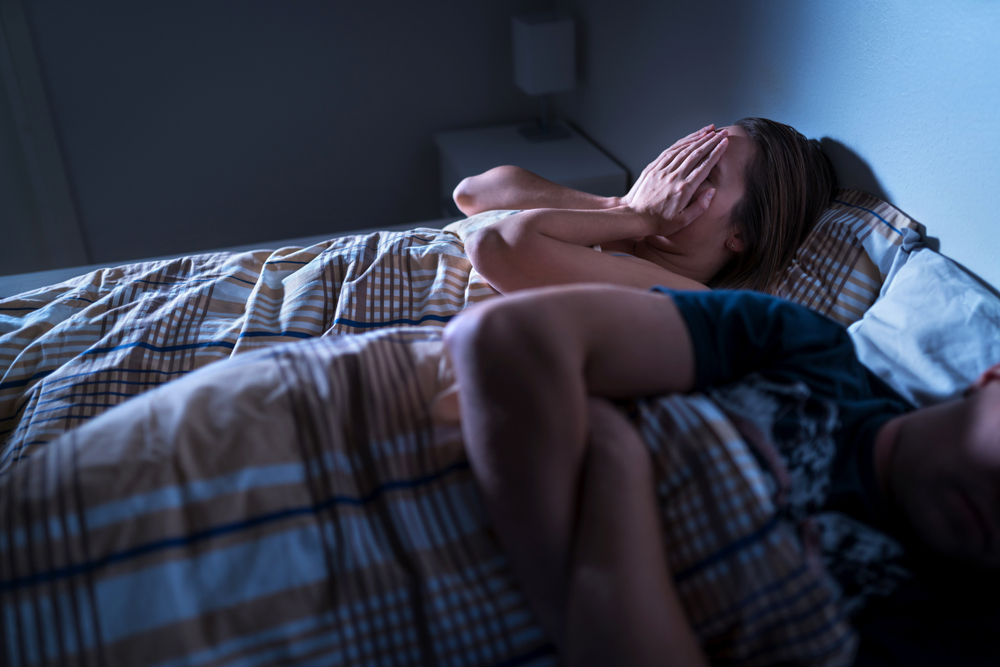
Hormones are powerful chemical messengers that help regulate sleep. Melatonin, which helps you fall asleep, and cortisol, which helps you wake up, follow a predictable pattern over 24 hours. When this balance is disrupted, your sleep may suffer.
For women, hormonal changes related to menstruation, pregnancy, or menopause can increase nighttime wakefulness. Night sweats, temperature fluctuations, or sudden surges in adrenaline may disturb sleep around 3AM. For men, lower testosterone levels can also affect sleep architecture, especially as they age. These shifts can trigger mid-night waking that becomes more frequent over time.
Sleep Apnea and Breathing Issues
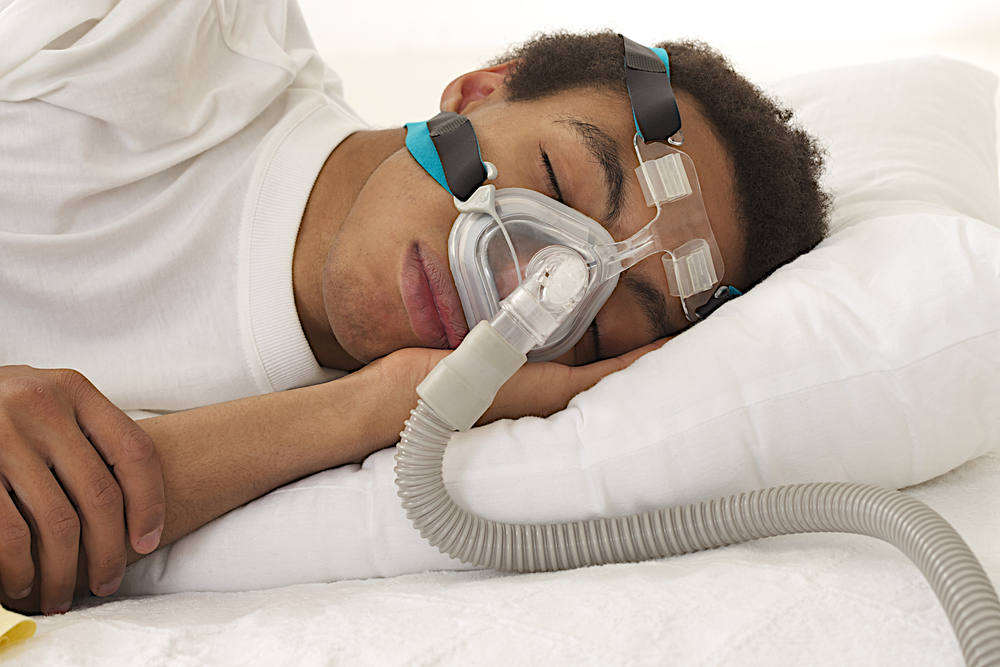
Waking up at the same time each night may also be a warning sign of sleep apnea or other breathing issues. Sleep apnea is a condition where the airway becomes partially or completely blocked during sleep, causing brief pauses in breathing. These interruptions can wake the brain up, even if the person does not remember it happening.
For some people, the pattern of sleep apnea episodes aligns with the 3AM window, especially if their body shifts to a sleeping position that increases blockage. Even mild forms of sleep apnea can lead to repeated disruptions that prevent deep rest and cause early morning awakenings.
Your Environment Might Be Interfering
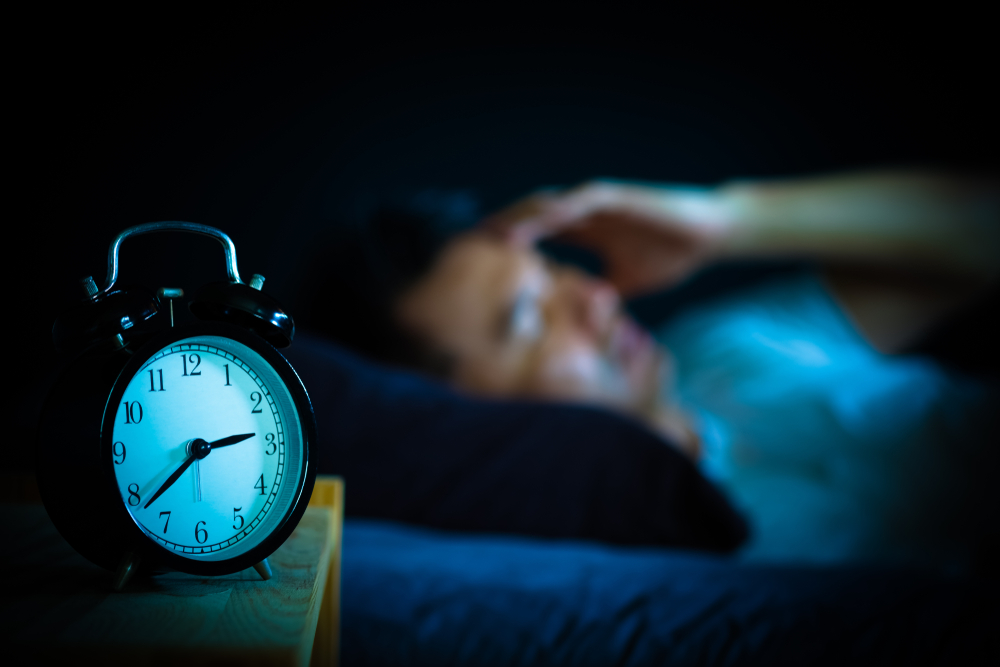
The bedroom environment plays a large role in quality of sleep. Subtle changes that occur around 3AM, such as the temperature dropping, distant traffic noise increasing, or electronic lights flashing, can affect light sleepers. If your sleep is already fragile, these minor disturbances might be enough to wake you up consistently.
Even small amounts of light from alarm clocks or chargers can interfere with melatonin production. This light pollution can confuse your body’s internal clock and make it harder to stay asleep. Similarly, sleeping with a pet or a partner who moves frequently during the night can affect your sleep cycle.
Your Habits Could Be Making It Worse

Sometimes, waking up at 3AM becomes a habit because of how you respond to it. If you immediately check your phone, turn on lights, or start thinking about your to-do list, your brain might start expecting this activity. The more often this happens, the more likely it is to repeat.
Habits can form quickly when paired with emotional or mental triggers. If you associate 3AM with anxiety, dread, or planning, your brain may start to prepare for this moment even while asleep. Over time, this creates a pattern that feels automatic, even though it is built on past behavior.
What You Can Do About It
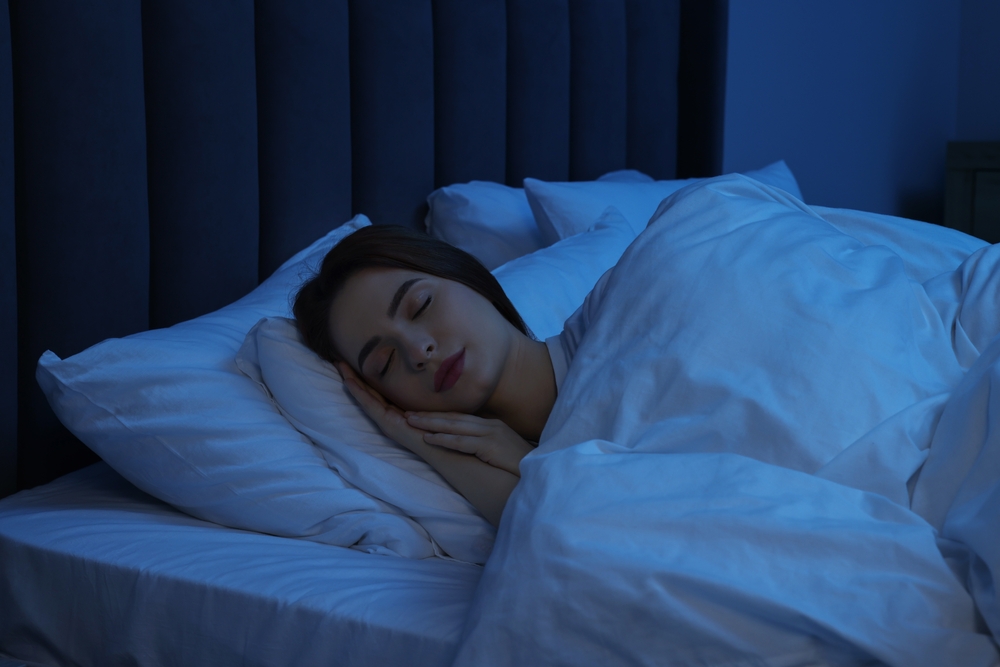
To break the cycle of waking up at 3AM, you need to create the right environment and reset your habits. Start by limiting alcohol and heavy meals at night. Keep your bedroom cool, dark, and quiet. Avoid screens at least an hour before bedtime and set a consistent sleep schedule.
If you do wake up, avoid looking at the clock. Instead, try calming techniques like deep breathing or progressive muscle relaxation. Do not get up unless you truly need to. Reinforce the idea that your bed is for rest, not worry. If emotional issues or stress are ongoing, simple lifestyle changes like journaling or daytime walks can help reduce nighttime anxiety.
Read More: Why ‘Sleepmaxxing’ Is the Next Big Wellness Movement – and How to Do It Right
Final Thoughts
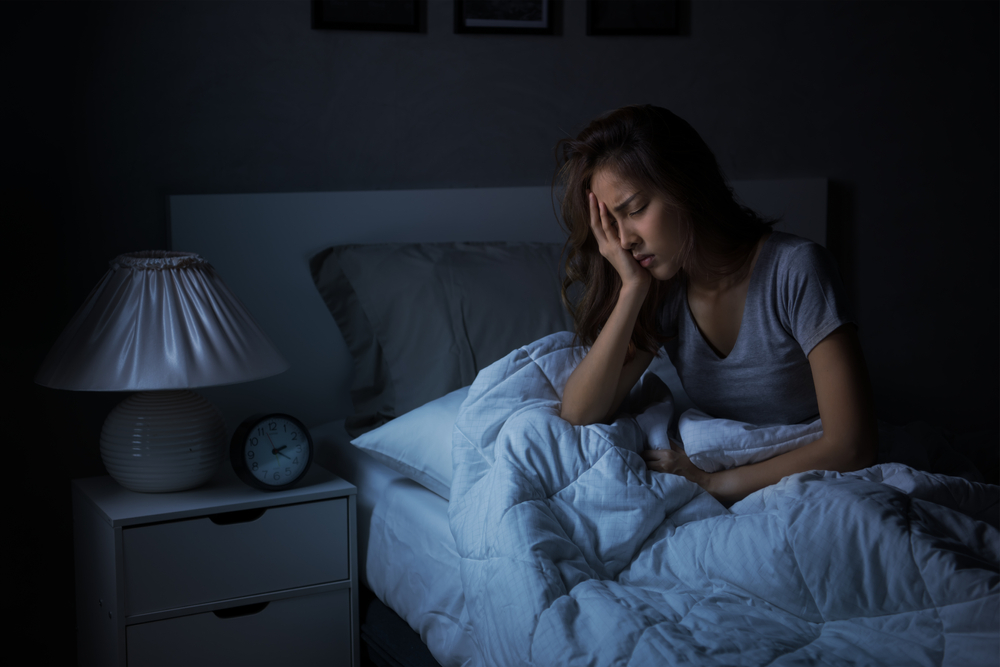
Waking up at 3AM may feel strange or unsettling, but science shows that there are clear reasons behind it. From natural sleep transitions to emotional overload or hormonal shifts, many factors can cause this regular interruption. The good news is that most of these causes are manageable once identified. By adjusting your habits and environment, you can improve your sleep quality and reduce those early wake-up calls. Better sleep starts with understanding your body, responding to its signals, and making consistent choices that promote real rest.
Disclaimer: This article was created with AI assistance and edited by a human for accuracy and clarity.
Disclaimer: This information is not intended to be a substitute for professional medical advice, diagnosis or treatment and is for information only. Always seek the advice of your physician or another qualified health provider with any questions about your medical condition and/or current medication. Do not disregard professional medical advice or delay seeking advice or treatment because of something you have read here.
